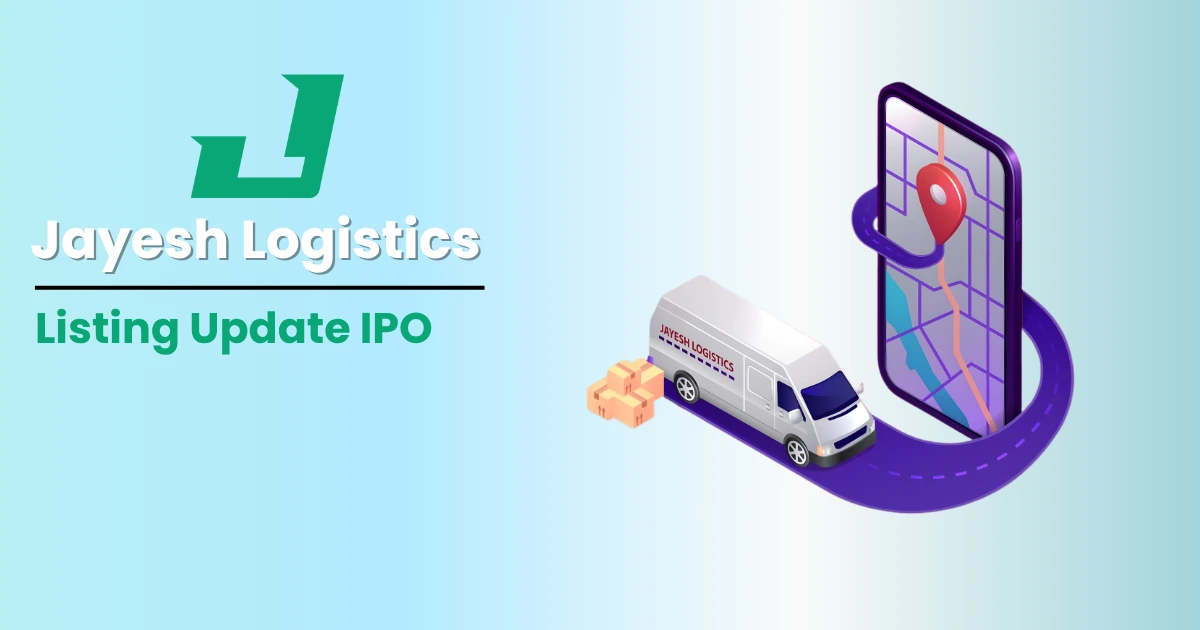Unicommerce E- Solutions IPO Subscription Status: Unicommerce E- Solutions IPO is Open on 6 August 2024 and Close on 8 August 2024. Unicommerce E- Solutions IPO to Raise 25,608,512 shares (Approx ₹276.57 Cr) via IPO. The Offer For Sale is 25,608,512 shares (Approx ₹276.57 Cr).
- The Retail Quota is 10%
- QIB is 75%
- NII is 15%
Unicommerce E- Solutions IPO is an Mainline IPO and Listed on NSE & BSE. Unicommerce E- Solutions IPO Price Band is Fixed at ₹[.] Equity Share. Unicommerce E- Solutions IPO Lot Size is [.] Shares.
Also Read: Unicommerce E- Solutions IPO Details, Date, Review, Price
Unicommerce E- Solutions IPO Subscription Status, Rate bid times
Inv Category
Shares Reserved
No. of Shares bid for
No. of Times (Subscription)
Qualified Buyers (QIBs)
7,682,554
1,06,59,67,062
138.75
Non Institutional Buyers (NIIs)
3,841,276
96,97,52,358
252.46
BNII
2,560,851
68,24,53,884
266.49
SNII
1,280,425
28,72,98,474
224.38
Retail Individual Buyers (RIIs)
2,560,851
33,54,53,574
130.99
Anchor Investor
1,15,23,831
1,15,23,831
1
Total
14,084,681
2,37,11,72,994
168.35
Unicommerce E- Solutions Subscription Status day-by-day-
Categories
6 Aug
7 Aug
8 Aug
QIB
0.00
0.80
138.75
NII
2.27
19.59
252.46
RII
10.24
36.12
130.99
Total
2.48
12.35
168.35
About IPO :
Unicommerce E- Solutions offer several sub-modules that our customers may use as a part of their routine operations. Our products act as the nerve centre for e-commerce fulfilment operations of our clients, ensuring that the orders received from our clients’ end customers are processed correctly, efficiently and within timelines as per client needs. Our products aid in streamlining e-commerce operations for our clients and enables us to become a critical part of the supply chain stack of our clients.
The chart below depicts a snapshot of our scale and financial health as of September 30, 2023:23Transaction processing and nerve centre layer refers to a stage of the order journey where key business activities happen to enable the fulfilment of the order placed by a customer. These include, among other things, acknowledging the order, packaging the order at a warehouse facility or a store and handing it over to a logistics partner for fulfillment.
E-commerce businesses and retailers face significant challenges to scale their operations efficiently. Some of the major challenges faced by e-commerce businesses, D2C brands and retailers include management of inventory across multiple locations, minimising fulfilment costs, order processing from multiple onlineand offline channels, management of returns, generation of correct invoices, reconciliation of order payments, enabling shipment tracking for their customers, taxation and other regulatory compliances.
Brands and retailers are reachingout to the customers through multiple offline channels and online channels to compete in the market. As the number of these marketplaces and omni-channel practicescontinues to increase, the demand for e-commerce enablement SaaS products is directly affected.
As businesses scale to process higher numbers of orders fortheir ecommerce operations, the scale of such challenges also increases exponentially, including keeping inventory updated across all sale channels, processing orders through the correct warehouse, management of distributed inventory across multiple warehouses and adhering to service-level agreements (“SLAs”) and procedures for respective sales channels.
Given the range of issues, regularly changing business needs and market practices, and the need for sanctity of data across the various stages, customers prefer comprehensive end-to-end transaction processing layer SaaS products. Our products are designed and regularly updated to meet these challenges and the business needs of various types and sizes ofretail enterprises, both online and offline.
We provide a modular suite of products with features developed over years for a variety of uses across industries, including inter alia, inventory management and visibility, management of orders across channels, timely order fulfilment and minimised cancellations, procurement and vendor management and returns management. Our products are sector and size-agnostic and are designed to meet the business needs of various types and sizes of retail and e-commerce enterprises, both online and offline.
Our products are configurable as per client needs, and our clients can use oneor more products at a time depending on their needs and configure them to suit their specific workflows. We also have several additional sub-modules, which form part of our SaaS products, that clients can utilize for their business operations including procurement management, invoice management and logistics management.
Clients prefer to use a SaaS solution like ours which can continue to develop the technology as per changing market needs and add emerging integrations relevant to their business while they can focus on their business.
Unicommerce E- Solutions holdings Investor Categories
- Qualified Institutional Buyers (QIB).
- Non- Institutional Investors (NII).
- Retail individual Investors (RII).
- Employee (EMP).
- Others (Eligible Shareholders).
Who Is QIB In IPO?
QIB Stands For “Qualified Institutional Buyer” In The Context Of An IPO (Initial Public Offering). QIBs Are A Category Of Institutional Investors Who Are Considered Financially Sophisticated And Meet Certain Regulatory Criteria For Participating In Capital Markets. In The Context Of An IPO, QIBs Play A Significant Role As They Contribute To The Overall Demand For Shares And Help Determine The Success Of The Offering.
Who Is NII In IPO?
NII Stands For “Non-Institutional Investors” In The Context Of An IPO (Initial Public Offering). Non-Institutional Investors Are A Category Of Investors Who Participate In The IPO Alongside Institutional Investors And Retail Investors. NII Typically Includes High Net Worth Individuals (HNIs), Corporate Bodies, Trusts, And Other Entities That Are Not Classified As Institutional Investors But Have The Financial Capacity To Invest Significant Amounts In The IPO.
Who Is RII In IPO?
RII Stands For “Retail Individual Investor” In The Context Of An IPO (Initial Public Offering). Retail Individual Investors Are Individual Investors Who Participate In The IPO Alongside Institutional Investors And Non-Institutional Investors. RII Typically Includes Individual Investors Who Do Not Meet The Criteria To Be Classified As Institutional Investors Or Non-Institutional Investors.
Who Is EMP In IPO?
“EMP” In The Context Of An IPO (Initial Public Offering) Typically Stands For “Employee.” In Some IPOs, A Certain Portion Of The Shares May Be Reserved For Allocation To Employees Of The Company Going Public. These Employees Are Often Referred To As “Employee Shareholders” Or “Employee Participants” (EMP).
Unicommerce E- Solutions Review From MoneyMintIdea –
- May Apply
































